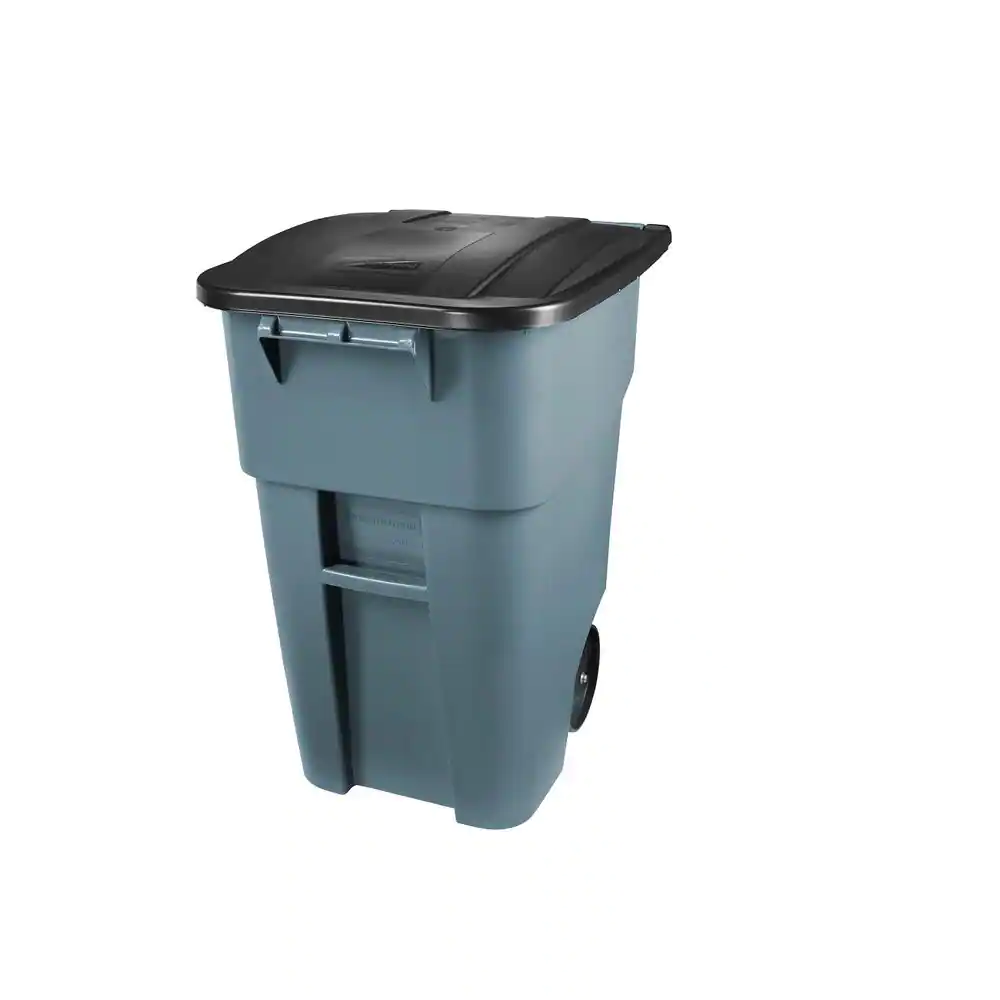Future of Commercial Trash Cans – Trends and Predictions for the Next Decade
In the coming decade, the landscape of commercial trash cans is poised to undergo significant transformations driven by technological advancements, sustainability imperatives, and evolving consumer expectations. One of the most prominent trends expected to shape the future of commercial trash cans is the integration of smart technology. These next-generation bins will be equipped with sensors and IoT capabilities, allowing them to monitor their fill levels in real-time. This technology not only optimizes waste collection routes but also reduces operational costs and enhances overall efficiency for businesses and municipalities alike. Moreover, sustainability will continue to drive innovation in commercial waste management. Trash cans of the future are likely to be constructed from eco-friendly materials, such as recycled plastics or biodegradable composites, aligning with global efforts to reduce plastic pollution and promote circular economy practices. Additionally, there will be a growing emphasis on waste segregation at the source, with smart bins equipped to sort recyclables from general waste automatically. This not only streamlines the recycling process but also encourages greater participation in recycling programs among businesses and consumers.

Another significant trend on the horizon is the adoption of autonomous waste collection systems. Imagine fleets of robotic commercial trash cans navigating city streets, collecting waste autonomously and depositing it into designated collection points. This concept not only reduces the carbon footprint associated with traditional waste collection vehicles but also enhances the efficiency and reliability of waste management services in urban areas. Autonomous trash cans can also contribute to improved sanitation by reducing overflow and littering, thereby creating cleaner and more attractive public spaces. Furthermore, aesthetics and design will play a crucial role in the evolution of commercial trash cans. Future bins are likely to feature sleek, modular designs that blend seamlessly with urban environments while offering durability and functionality. These bins may incorporate customizable panels, allowing businesses and municipalities to display relevant information or advertising, thereby transforming them into multifunctional urban assets.
In terms of operational efficiency, advancements in material science and manufacturing techniques will enable the production of lightweight yet durable trash cans that are easier to handle and maintain. Self-cleaning and odor-controlling features will become standard, ensuring a more hygienic waste management experience for both users and service providers. Additionally, solar-powered compactors and energy-efficient waste processing technologies will further reduce the environmental impact of commercial waste management operations. Looking ahead, regulatory changes and sustainability goals set by governments and international bodies will continue to drive innovation in the commercial waste management sector. Businesses and municipalities will increasingly prioritize solutions that not only comply with stringent environmental standards but also contribute to their corporate social responsibility initiatives. As a result, the market for commercial trash cans will expand to accommodate diverse needs and preferences, ranging from small businesses seeking cost-effective waste solutions to large cities aiming for comprehensive smart waste management infrastructures.